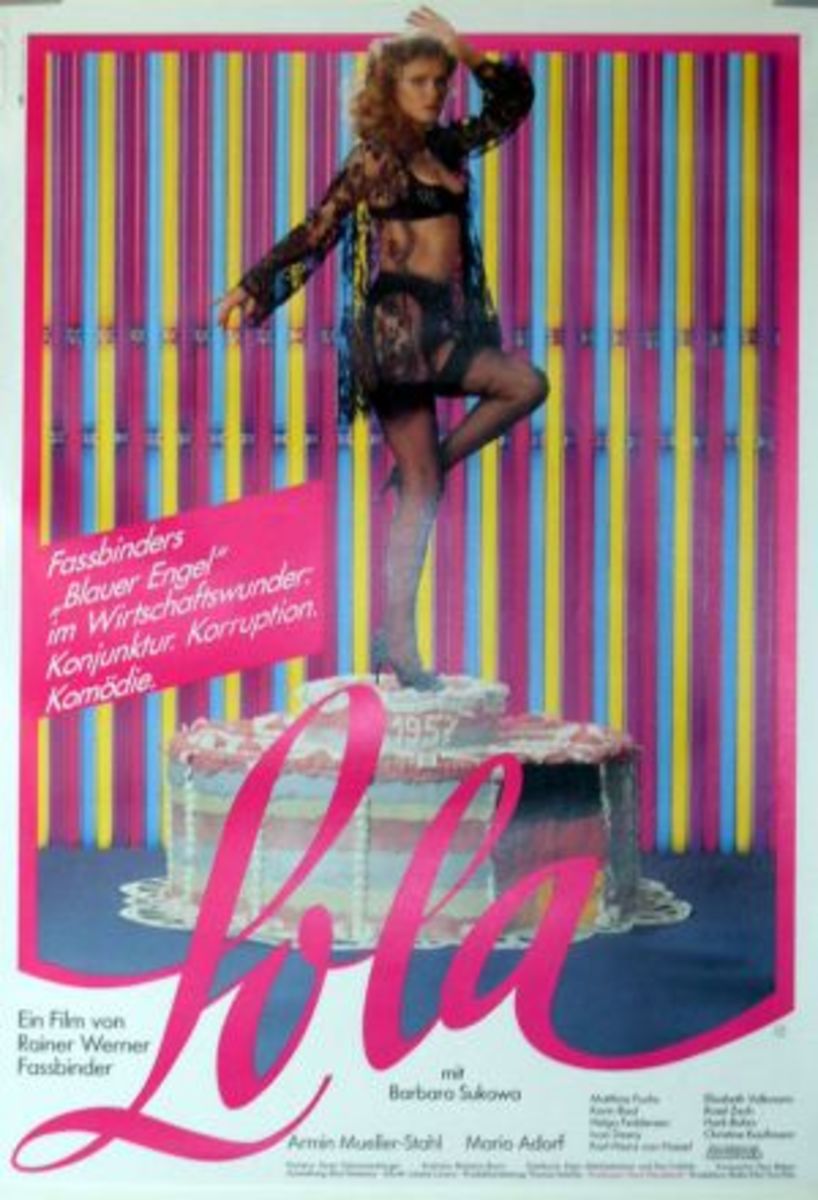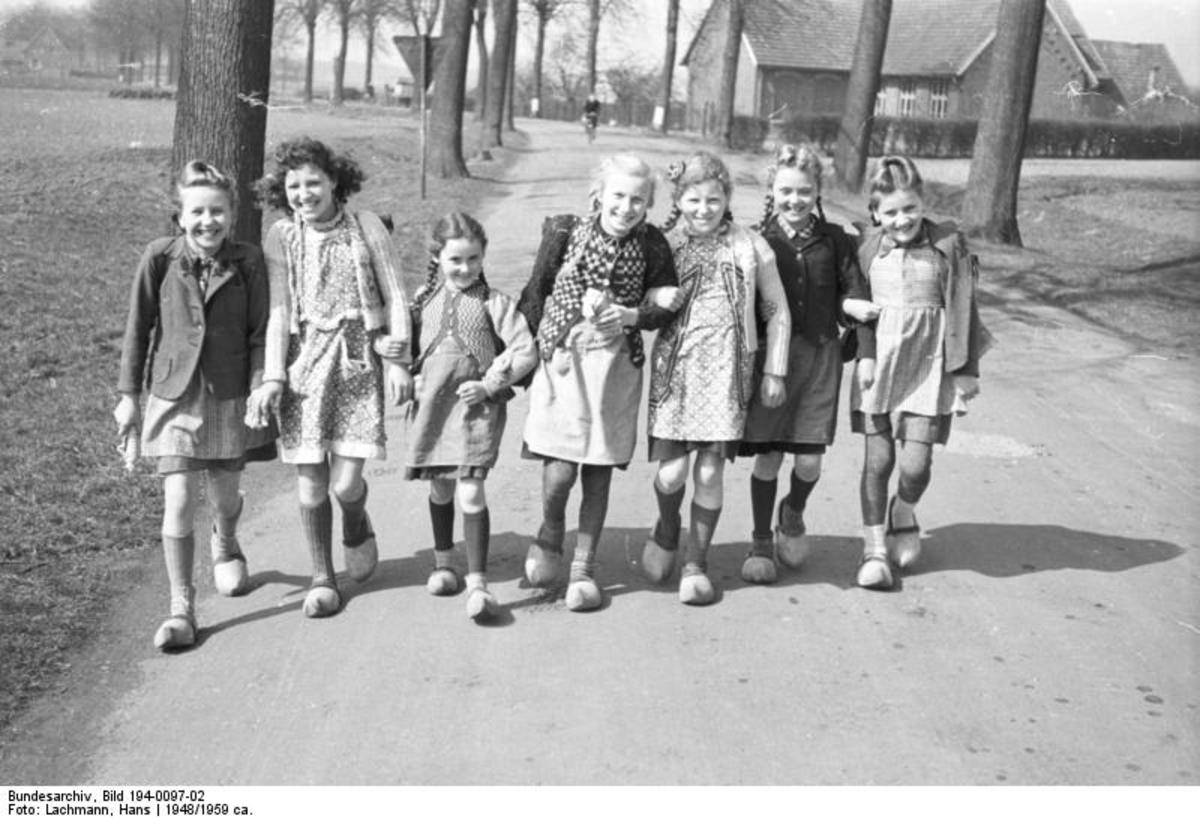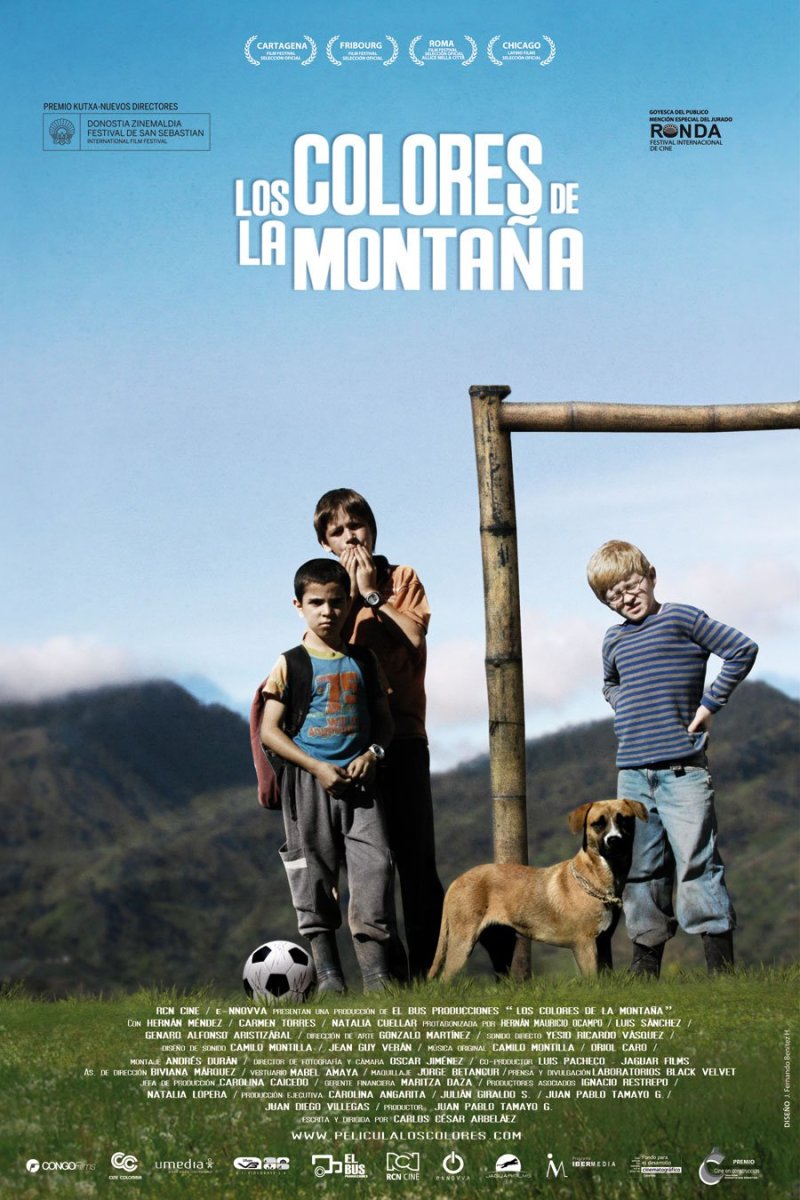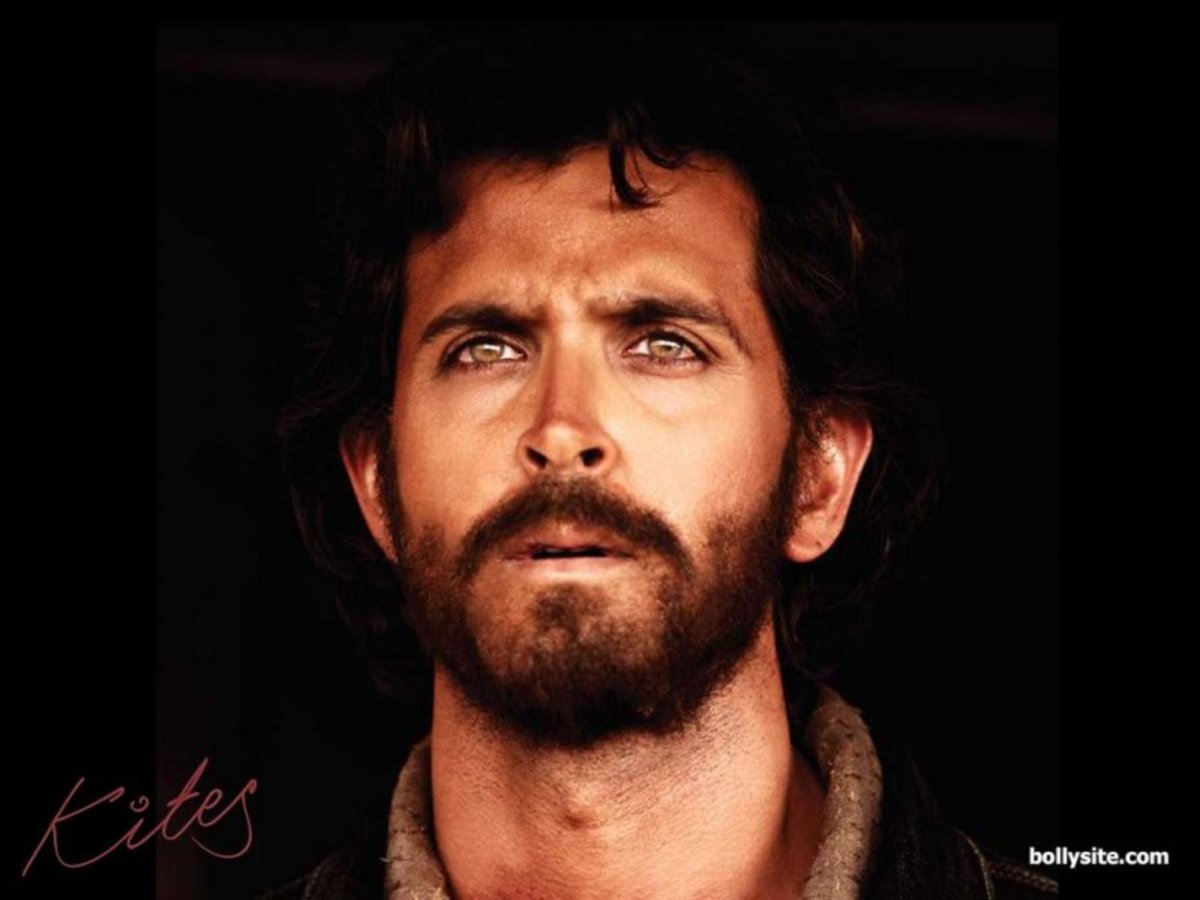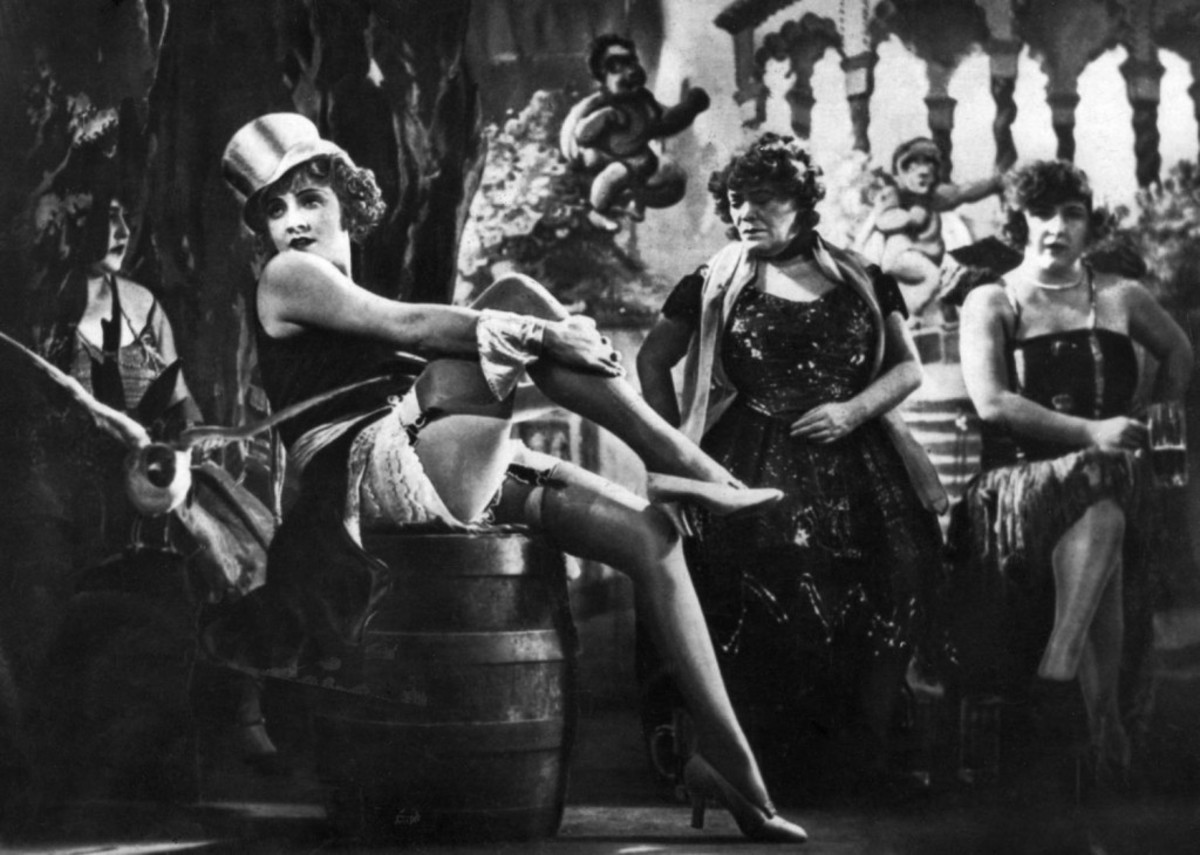Margarete von Trotta: The Socio-Political
'For her [von Trotta], as a matter of principle, filmmaking is about the critical exposition of social reality. All of her films have a political dimension, which, however, does not arise from a political sense of mission, but from the endeavor to describe and elucidate social phenomena in all their facets for as a film maker, she does not feel she is qualified to point out solutions.' (Renate Hehr, Margarete von Trotta: Filmmaking as a Liberation, p 19, 2000)
The Second Awakening of Christa Klages
- The Second Awakening of Christina Klages - Movie info: cast, reviews, trailer on mubi.com
The Second Awakening of Christina Klages on mubi.com. Find trailers, reviews, and all info for The Second Awakening of Christina Klages by Margarethe von Trotta on this page.
Growing up at a time of social unrest in the Federal Republic of Germany, it is no surprise that Margarete von Trotta’s career as a filmmaker was influenced by her experiences during the 1960s and 1970s when the student movement was at its peak.
In addition, the 1960s also saw the rise of the women’s movement. There were protests about the constraints put on women by the current conventions of their society, such as the anti-abortion act.Sometimes students and women in the coalition of the two movements crossed the line, moving beyond peaceful protests and resorting to terrorism in an attempt to achieve their goals.
The combination of social problems and violent protests led to the introduction of New German Cinema. The young generation was no longer content to simply watch films as a form of entertainment; they wanted to be ‘offered thought-provoking ideas and a rather rational scrutiny of social problems’ (Hehr 2000:12).
Von Trotta was one of the first female filmmakers to direct for New German Cinema. According to Renate Hehr, von Trotta saw filmmaking as a way to expose the social reality in Germany, thus making clear the problems facing the country. He does not believe von Trotta had a political mission or was intending to provide solutions, but rather she wanted to bring the issues into the open so that they were confronted. By looking at von Trotta’s The Second Awakening of Christa Klages[1] (1977) and The German Sisters[2] (1981), I intend to analyse Hehr’s statement.
In the 1970s, ‘unless films were privately funded, films dealing overtly with politically and socially sensitive issues could not be produced’ (Ooi 2003:85). Von Trotta made it a point to show her films from a subjective point of view and therefore the political events ‘move to the background’ (Hehr 2000:28). It was by this method that Awakening could be produced. Von Trotta made her films as believable as possible by basing them on true stories. Gudren Ensslin allegedly committed suicide in prison; von Trotta interviewed her sister, Christiane, who believed she had been murdered. Von Trotta used Christiane’s account to create Sisters.
Audiences are forced into an uncomfortable corner where they are made to sympathise with terrorists. Von Trotta achieves this by filming a subjective truth: truth in the eyes of an individual. Viewers are made to feel sorry for Marianne when shown flashbacks of her childhood and tender moments with Juliane. By the time von Trotta reveals that Marianne has been bombing sites, the audience has already grown attached to her character; terrorism has been personalised. Von Trotta successfully exposes Germany’s social constraints by portraying women who have been pushed so far to the edge that they have been forced to take radical action, resulting in violent or tragic events.
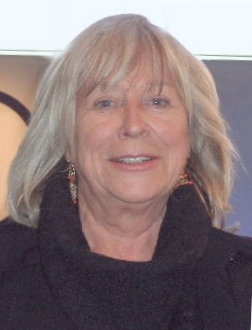
Awakening identifies constraints women faced from men; it was still the convention that women were to get married and look after husband, children and home. The main female characters expose how women are affected by this convention in three different stages. Lena is young, curious, and single; she has big dreams but is dissatisfied at what life has to offer; when she begins her own investigation into Christa, she is defying social norm. Her autonomy is an ‘act of overt subversiveness’ because she refuses to cooperate with the authorities, whose values ‘overlook human needs’ (Ooi 2003:92).Ingrid on the other hand, is caught in the conventional realm; she is in a loveless marriage to a man who treats her without respect. They do not have children because Heinz decided that it was not right time, and though she has a job, she works at home. When Ingrid decides to follow her own desires and join Christa in Portugal, it is also an act of subversion as she has acted independently, without permission from her husband. Christa represents the last stage; she is ‘the type of woman produced by the women’s movement’ (Hehr 2000:23). She has broken out of marriage and the boundaries set by society by living in a women’s communal household with her daughter. These three stages depict the difficulties women had in the Federal Republic by exposing the social realities that they had to overcome.
Stylistically, von Trotta’s films are realist: cameras at eye-level, relatively long takes, naturalistic lighting and location shooting. In Awakening, for example, scenes were shot in Portugal and filmed in a documentary style with no rehearsals or retakes. Von Trotta also uses tight close-ups, such as in Sisters when ‘there are several lingering close-ups’ so viewers can ‘scrutinise them’ (Seiter 1986:112) suffering. Close-ups also give a sense of claustrophobia, adding to the idea that these women feel trapped in society.
While exposing reality was an important part of von Trotta’s films, perhaps more vital was how she clearly revealed what problems this reality was creating. She has shown how men wanted women to either be mother figures – such as Werner in Awakening – or dependant, without the will to carry on, such as Heinz wanting to feel superior to Ingrid. But this attitude has seriously negative effects, with Ingrid losing her self-confidence and becoming depressed. Men are often seen to undermine women’s efforts. In Sisters, Wolfgang wants Juiliane all to himself and becomes agitated when she focuses all her energy on Marianne; he even becomes violent, physically shaking Juliane when she is investigating her sister’s death. He undermines Juliane’s struggle to discover the truth, by selfishly expecting all her attention to be focussed on him. It is almost second nature for women to accept that they exist only for men. In a flashback, Marianne reveals how she wants to help people in third world countries, but phrases it in an unfortunate way: ‘I want to be used.’ There is an implied meaning that she wants to be used by men for their enjoyment. As Juliane points out this is ‘voluntary slavery’.
Von Trotta suggests that there is a lack of interest in other people’s well being. Marianne leaves her husband and child to pursue her ambitions, but has no remorse for the consequences of her actions; when she hears of Werner’s suicide she is unemotional, and later, after Marianne’s death, no one is respectful enough to bother closing her eyes, supporting Juliane’s suspicions of murder.
A significant drawback von Trotta identifies is that children are often victims of political disputes. Jan is abandoned by his family, no one will take him in; von Trotta juxtaposes Jan’s placement in a foster home to Juliane’s protest against the anti-abortion act; she is defending abortion as a way to prevent unwanted children being born and then neglected. Awakeningalso establishes how people are happy to have intercourse, but not necessarily look after a child; this is shown through an ironic scene where the Kindergarten is closed down and replaced by a porn shop.
The most poignant moments in von Trotta’s films involve death or injury; Werner in Sisterscommits suicide, and supposedly so does Marianne. In Awakening Christa is also brought to the brink of suicide. All these tragedies were a result of the social difficulties plaguing West Germany. Though the West was originally more prosperous than the East, as time went on there became a lack of freedom and opportunity that put such a heavy burden on these characters that they ventured into self-harm.
It is implied that Marianne was murdered, and in Awakening, Werner was also killed for trying to steal a car. There was a no tolerance policy in Germany, and the attitude was guilty until proven innocent; many people, however, were shot on site, with no chance for questioning. This can be most clearly seen in one of von Trotta’s later films, The Promise (1995), where people were shot for trying to cross the border of East and West Germany.
Hehr believes that though von Trotta dedicated her films to a political angle, she did not do so out of a ‘sense of mission’; von Trotta showed both sides of the coin. While she pointed out the struggles women faced, she ‘refuse[d] to provide idealized images for female spectators’ (Kaplan 2000:104). Christa and Marianne are characters meant tobe sympathised with, but they are clearly in the wrong; von Trotta does not deny this and is therefore showing that her mission is not to overthrow society’s conventions. Von Trotta is in fact against the ‘violent intrusions’ that upset the ‘unity and harmony of the national family’ (Byg 1993:270), but it does not stop her understanding the motivations behind such attacks.
On the other hand, it could be seen that her ‘unambiguous stand against violence’ (Hehr 2000:29) does give her a sense of political mission; her aim is for her films to prevent further violence by elucidating the social problems. Her Female characters are ‘actively engaged in a struggle to define their lives and identities’ (Kaplan 2000:104); Juliane’s protest against anti-abortion could just as well be a protest from von Trotta herself.
Marianne and Juliane
- Marianne and Juliane - Movie info: cast, reviews, trailer on mubi.com
Marianne and Juliane on mubi.com. Find trailers, reviews, and all info for Marianne and Juliane by Margarethe von Trotta on this page.
The flashback in Sisters, showing the girls watching a Nazi film video is an appeal against forgetting the past, because ‘as long as acts of violence are forgotten’ (Hehr, p30), nothing will change. Von Trotta clearly wants to prevent anything like what happened with the Nazis to happen again.
Von Trotta clearly outlines and delves deep into the quandaries that were in Germany, but have any solutions been provided to help improve the situation? She certainly gives vivid explanations of how not go about creating change; the maxim ‘the ends do not justify the means’ is in full force; Christa’s intention to raise enough money to stop the kindergarten from closing down is honourable; robbing a bank was not. This is reflected in the nursery’s refusal of the money. Marianne’s goal to create a more liberal government is justified, but terrorism is not. This is demonstrated when her son, Jan becomes a victim of arson. Von Trotta disapproved ofradical action, but a lack of action was unacceptable and it could not be made clearer in the conversation between Christa and Grave. Grave became a priest out of tradition, to which Christ replied: ‘If I thought like you, I’d still be a housewife like my grandmother and mother’. For situations to improve, one cannot stick to the current conventions, otherwise things will stay the same indefinitely.
Hehr says that von Trotta did not feel qualified to give solutions, and in some cases she does not. Von Trotta never gives a reason for Marianne’s turn to violence, and without reason, one cannot find an answer to solve the problem. There are many occasions, however, when she does imply the route to take. In Awakening, there is the constant promotion for ‘the power of solidarity’ (p92); Christa’s ‘second awakening’ is the knowledge that she cannot always work in isolation and working together is where strength lies. There is an underlying meaning here; at the time of Awakening East and West Germany were still divided. Von Trotta might have been implying that the solution lies in the unification of Germany.
In Sisters there is the suggestion that the answer lies in suffering and sacrifice. When Marianne goes on a hunger strike, Juliane tortures herself in order to understand what it is like to be force-fed. By doing so she gains a renewed respect for Marianne and a greater understanding of how important her objectives were. Von Trotta wanted the government to walk in their people’s shoes to know what life was really like for them. The painting of Christ on the cross in Sisters is a motif for suffering and sacrifice; the fact that it survives the fire suggests that sacrifice brings about survival or re-birth.Margarete von Trotta is successful at revealing the social realities of the Federal Republic by using personal experiences as a basis for her films. Interviews with people in West Germany and her own memories of air raids as a child enhance her films’ poignancy and present the social problems in the country. It is clear that von Trotta does have a political mission; by elucidating the dilemmas facing Germany she wishes to open the public and government’s eyes and inspire the appropriate action to be taken. Though she may not provide any clear-cut solutions, she does endeavour to provide the attitude needed for progress to be made.
[1] Referred to as Awakening
[2] Referred to as Sisters
Bibliography
Seiter, E. ‘The Political is Personal: Margarete von Trotta’s “Marianne and Juliane” in Brunsdon, C. 1986, Films for Women, London, BFI
Byg, B. ‘German History and Cinematic Conventions Harmonized in Margarete von Trotta’s “Marianne and Juliane” in Frieden, S., McCormick, R., Peterson, V., Vogelsang, L. 1993, Gender and German Cinema: Feminist Interventions Volume II: German Film History/ German History on Film, US, Berg Publishers
Hehr, R. 2000, Margarete von Trotta: Filmmaking as a Liberation, London, Axel Menges
Kaplan, E. 2000 reprint, Women and Film: Both Sides of the Camera, Great Britain, Routledge
Ooi, J. ‘Changing Identity: Margarete von Trotta’s “The Second Awakening of Christa Klages” in Levitin, J., Plessis, J., Raoul, V. 2003, Women Filmmakers: Refocusing, New York, Routledge
Linville, S. 1998, Feminism, Film, Fascism: Women’s Auto/Biographical Film in Post War Germany, US, University of Texas
Filmography
Marianne and Juliane/The German Sisters/Die bleieme Ziet (Margarete von Trotta, 1981, Germany)
The Promise (Margarete von Trotta, 1995, Germany)
The Second Awakening of Christa Klages/Das zweite Erwachen der Christa Klages (Margarete von Trotta, 1977, Germany)


